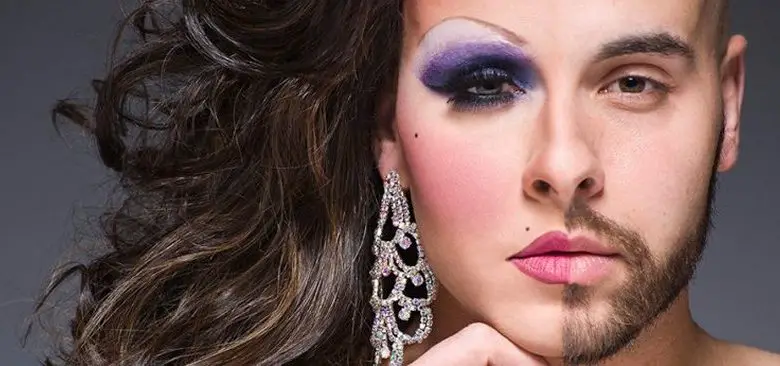
Disability, sex and relationships: considering transitioning gender
In our series on disability, sex and relationships, expert and resident agony aunt Tuppy – who runs Outsiders, a private club for disabled people looking for a relationship – answers your questions. This week she answers a question about considering changing sex.
#DHguru – join in the debates on Twitter @DHorizons
Dear Aunty Tuppy
I am a physically disabled man in my 30s and I’m in a new relationship with a lovely woman who is visually impaired. We have done a lot of sexual exploring together, including me sometimes wearing her clothes. This has made me begin to think that I am really more like a woman than a man.
I have had this thought in the back of my mind for years, but now the feelings are stronger. I have told my girlfriend and she says she loves me as I am and does not want me to become a woman. But my feelings are strong. Can you let me know what you think?
Gerald
———- ———- ———- ———- ———- ———- ———- ———- ———- ———- ———- ———- —-
Dear Gerald,
This is a very thorny subject and I am going to be blunt as I believe you need to think about all the possible outcomes.
There was a time, in the 80s and 90s, when American men who felt like you decided that the best way forward was to cross dress when they feel the urge – Grayson Perry says it makes him relax.
They decided to resist hormones and surgery because it poses a risk to physical health, may lead to a very low libido and is pretty permanent.
I don’t know if that popular point of view still exists any more – I certainly have not heard it expressed. I do, on the other hand, now hear a lot about the rights of people to change sex. Some people really do feel they are in the wrong body and are determined to have all the treatment they can get order to live the rest of their lives happily as the opposite gender.
They may be really pleased that they made the transition, especially if their partner, friends and colleagues accept them. Their roles might change comfortably and they may have no problem venturing out into the street, going to pubs, restaurants and clubs.
However, this isn’t always the case. I am concerned that you don’t sound like you are that determined to make it work and won’t be accepted by your partner if you do decide to transition. It’s important that you consider everything that could happen.
Can you imagine losing your lovely girlfriend, and your friends too? You may walk around looking like a woman – but all alone. And it might mean you are not just alone but you may even be threatened, bullied, insulted or even beaten up.
I don’t know how much you have already thought about this and whether you have considered what problems you might face. Every disabled person I know who has transitioned has become miserable and lonely, and I don’t want this to happen to you.
I have heard of some people recommending taking 2mg of pimozide a day, which it said to lead to the cessation of both cross dressing and a wish for gender reassignment. The medication needs to be continued to have this affect. You would need to talk to your doctor about this if you wanted to find out more.
If you feel being a woman, in whatever form, is something you really want to explore, you could first see how you get on being an occasional transvestite first, like Grayson Perry. Then, once you know in your mind what is the right thing for you to do, you can start to look at transitioning. The NHS won’t operate on you until you have spent a year dressed and behaving as a women anyway, to prove how serious you are (see the NHS gender dysphoria guidelines). So giving yourself time to be really sure you’re totally comfortable first will be no bad thing. It may give your partner time to accept it too.
Before you get started, there are some books it’s worth reading, all in support of transitioning. My favourite is There is no word for it by Laura Bridgeman and Serge Nicholson. The Guardian published its own list of ‘the best ten transgender books.’
Whatever you decide, good luck.
By Tuppy
If you’ve got a question for Tuppy and would like her help, please email her: AuntyTuppy@Outsiders.org.uk
Outsiders is a FREE social, peer support and dating club, run by and for socially and physically disabled people. Its members have a wide range of impairments, including visual and hearing impairment.